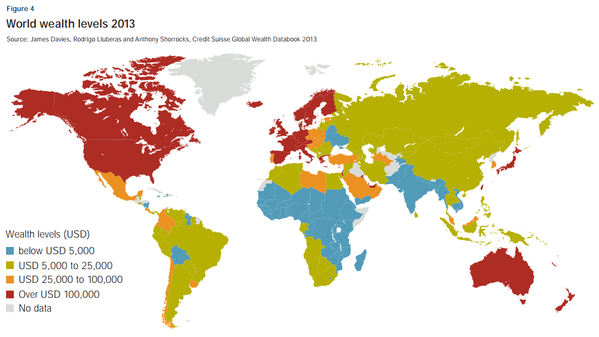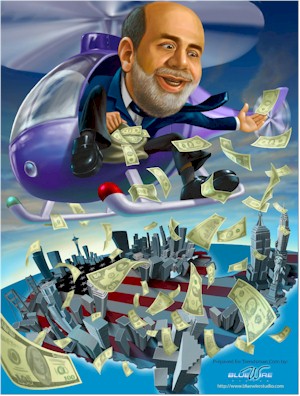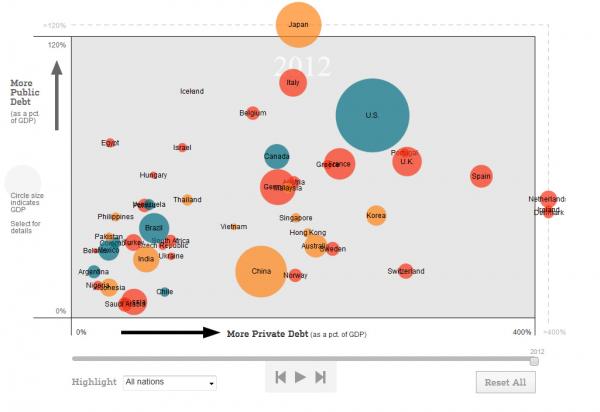– China’s Official Press Agency Calls For New Reserve Currency, And New World Order (ZeroHedge, Oct 13, 2013):
We assume it is a coincidence that on the day in which we demonstrate China’s relentless appetite for gold, driven by what we and many others believe is the country’s desire to have a call option on a gold-backed reserve currency when the time comes, just posted in China’s official press agency, Xinhua, is an op-ed by writer Liu Chang in which he decries the “US fiscal failure which warrants a de-Americanized world” and flatly states that the world should consider a new reserve currency “that is to be created to replace the dominant U.S. dollar, so that the international community could permanently stay away from the spillover of the intensifying domestic political turmoil in the United States.”
Read moreChina’s Official Press Agency Calls For New World Order And New Reserve Currency











